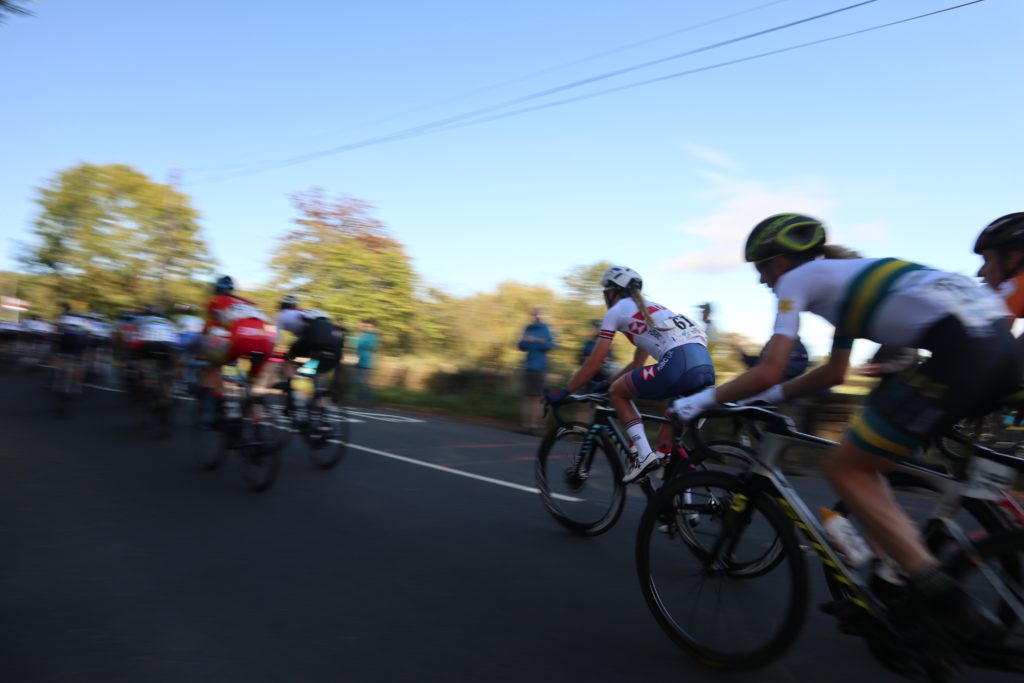Assessing Your Mental Race Performance

Endurance athletes usually are very aware of specific physiological measures of their performance that they monitor and assess throughout training and races. Some examples include heart rate, pace, VO2 Max, performance conditions, and aerobic training effect. By monitoring these measures, endurance athletes can assess their physical output and better predict future performance gains. Monitoring and tracking these results allows endurance athletes to tune into their overall performance, address areas that need improvement, and understand how their body is adapting to training demands.
Having the ability to tap into these physiological measures is an advantage for endurance athletes, but what about assessing your mental race performance?
Cognitive measures might be more challenging to assess, especially since a smart device such as a watch or app cannot detect the output. Tapping into monitoring these measures requires the athlete to be willing to become more self-aware of specific elements of the performance. Incorporating this alongside the physiological measurements is that it serves the athlete in a whole-body approach to their training. In addition, monitoring aspects from all different angles of the body provides more of a holistic approach to understanding performance! Endurance athletes can address their goals, self-talk patterns, limiting beliefs, and how they respond to setbacks.
So, where to begin with assessing your mental race performance?
Since mental skills training cannot be tracked through a smart device or app, it is necessary to take the time to track these elements on your own. Schedule specific “reflection” times daily to assess your mental performance and output. This reflection can be simply by keeping a daily journal or a section in your training log. Regardless of which modality is chosen, be consistent with utilizing this journal daily.
Some questions to consider for daily reflection include:
- How did I feel mentally before this training session?
- How do I feel mentally after this training session is over?
- What was my internal dialogue throughout this training session?
- Did I feel confident throughout this training session?
- Was I worried, nervous, or anxious before or during this training session?
Responses to these questions should be in an open-ended format encouraging the athlete to expand upon these thoughts and emotions. Athletes can add additional sections to their reflections by including a rating scale for specific mental skills elements. Here’s an example of a rating scale.
Rate the following on a scale of 1-5 (lowest to highest) with how I felt after my session or race:
- Confidence level during this session/race
- Level of positive self-talk during this session/race
- Level of worry or anxiety during this session/race
- Overall level of stress experienced during this session/race
- Ability to feel in control during this session/race
- Ability to be focused throughout this session/race
- Level of self-doubt throughout this session/race
- Ability to recognize my strengths during this session/race
- Overall connection to my WHY and goals
- Level of motivation during this session/race
As the athlete continues with this daily mental assessment, it will provide the framework to assess their race performance. This is because the athlete will have enhanced their self-awareness, strengthened their cognitive skills, and recognized the connection between mental output and performance. Once a race is complete, performance assessment is critical so that the athlete can celebrate their strengths, identify areas for potential improvement and develop a plan of action for the future. Athletes can utilize the same questions they have been using throughout their daily reflections, but there can also be another level to explore. The most important lesson is to recognize the growth that will take place for each athlete. By enhancing self-awareness, an athlete can develop a stronger approach to their training program, constructively reflect upon races, and set themselves up for improving future performance success!

JoAnne Bullard is a Doctor of Sport and Performance Psychology and a Certified Mental Performance Consultant through the Association for Applied Sport Psychology. She is also a Certified Strength and Conditioning Specialist through the National Strength and Conditioning Association.
She serves as a tenured Associate Professor at Rowan University and is the owner of Absolute Fitness, LLC. Her goal is to provide a holistically applied approach for clients through performance psychology consulting. She has experience working with athletes of all ages, including endurance athletes, in individual and group sessions. Her research areas include mindfulness, performance anxiety, goal setting, coping strategies, and mental well-being of athletes.
She has completed five marathons, numerous half-marathons, and is always looking for her next race.









